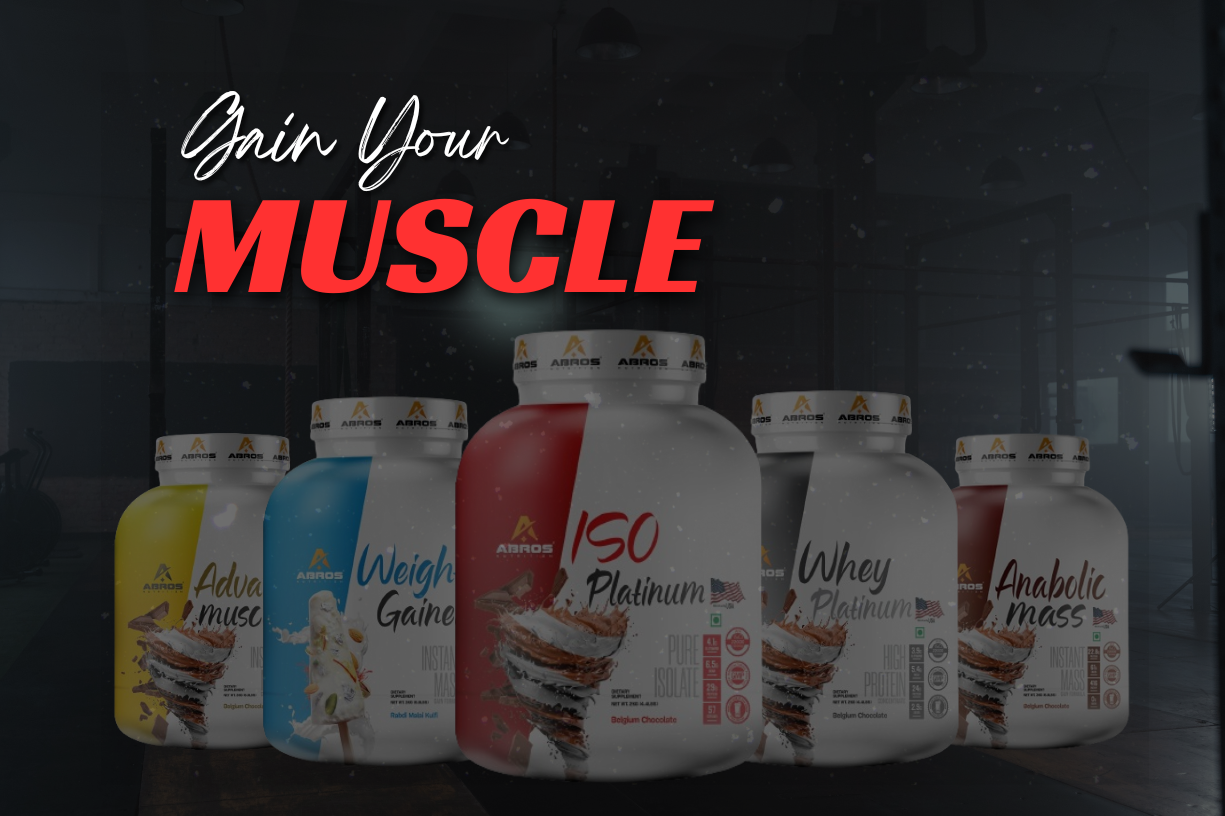Achieving your fitness goals requires more than just dedication and hard work in the gym; it involves a well-rounded approach that includes smart training, proper nutrition, and appropriate supplementation. In this guide, we’ll explore the essentials of gym training and how to use supplements effectively to enhance your results.
The Fundamentals of Gym Training
- Setting Clear Goals:
- Specific: Define what you want to achieve—whether it's losing weight, building muscle, or improving endurance.
- Measurable: Use metrics like weight lifted, body measurements, or time spent running.
- Achievable: Set realistic targets based on your current fitness level.
- Relevant: Ensure your goals align with your overall health and lifestyle.
- Time-bound: Set a deadline to keep yourself accountable.
- Creating a Balanced Workout Routine:
- Strength Training: Incorporate exercises like squats, deadlifts, bench presses, and rows to build muscle and strength. Aim for 3-4 sessions per week.
- Cardio: Include aerobic activities like running, cycling, or swimming to improve cardiovascular health. Try to get at least 150 minutes of moderate-intensity cardio each week.
- Flexibility and Mobility: Incorporate stretching and mobility exercises to improve range of motion and prevent injuries. Yoga and dynamic stretching are great options.
- Rest and Recovery: Allow adequate rest between workouts to enable muscle repair and growth. Aim for at least one rest day per week.
- Progressive Overload:
- Gradually increase the weight, intensity, or volume of your workouts to continually challenge your muscles and stimulate growth. This principle is key to making consistent progress.
- Proper Form and Technique:
- Focus on maintaining proper form to maximize the effectiveness of your exercises and prevent injuries. Consider working with a trainer to ensure you’re using correct techniques.
The Role of Nutrition in Gym Training
- Macronutrients:
- Proteins: Essential for muscle repair and growth. Aim for a daily intake of 1.2-2.2 grams of protein per kilogram of body weight, depending on your training intensity.
- Carbohydrates: Provide energy for your workouts. Focus on complex carbs like whole grains, fruits, and vegetables.
- Fats: Important for hormone production and overall health. Include healthy fats from sources like avocados, nuts, and olive oil.
- Micronutrients:
- Ensure you’re getting enough vitamins and minerals to support overall health and performance. Consider a balanced diet rich in fruits, vegetables, lean proteins, and whole grains.
- Hydration:
- Drink plenty of water throughout the day, especially before, during, and after workouts. Proper hydration is crucial for performance and recovery.
Proper Use of Supplements
- Protein Supplements:
- Whey Protein: Ideal for post-workout recovery due to its fast absorption.
- Casein Protein: Slower-digesting protein perfect for nighttime use to support muscle repair during sleep.
- Plant-Based Proteins: Great alternatives for those who are lactose intolerant or prefer a vegan diet.
- Creatine:
- Enhances strength, power, and muscle mass. Typically taken as 3-5 grams per day, it’s one of the most researched and effective supplements.
- Branched-Chain Amino Acids (BCAAs):
- Help reduce muscle soreness and support recovery. Best taken during or after workouts.
- Pre-Workout Supplements:
- Contain ingredients like caffeine, beta-alanine, and citrulline to boost energy, focus, and performance. Use these sparingly and according to tolerance levels.
- Omega-3 Fatty Acids:
- Support heart health and reduce inflammation. Found in fish oil supplements or plant-based alternatives like flaxseed oil.
- Vitamins and Minerals:
- Multivitamins can help fill any nutritional gaps in your diet. Vitamin D, magnesium, and zinc are particularly important for active individuals.
Safety and Efficacy
- Consult with a Professional:
- Before starting any supplement regimen, consult with a healthcare provider or a nutritionist to ensure it’s appropriate for your needs and won’t interact with any medications you’re taking.
- Quality Matters:
- Choose high-quality supplements from reputable brands. Look for third-party testing and certification to ensure purity and potency.
- Monitor Your Body’s Response:
- Pay attention to how your body reacts to supplements. If you experience any adverse effects, discontinue use and consult a professional.
Conclusion
Integrating effective gym training with proper supplementation can significantly enhance your fitness journey. Remember, supplements are meant to complement a balanced diet and training regimen, not replace them. By setting clear goals, following a structured workout plan, eating a nutritious diet, and using supplements wisely, you’ll be well on your way to achieving your fitness aspirations. Stay dedicated, listen to your body, and enjoy the journey to better health and performance.

